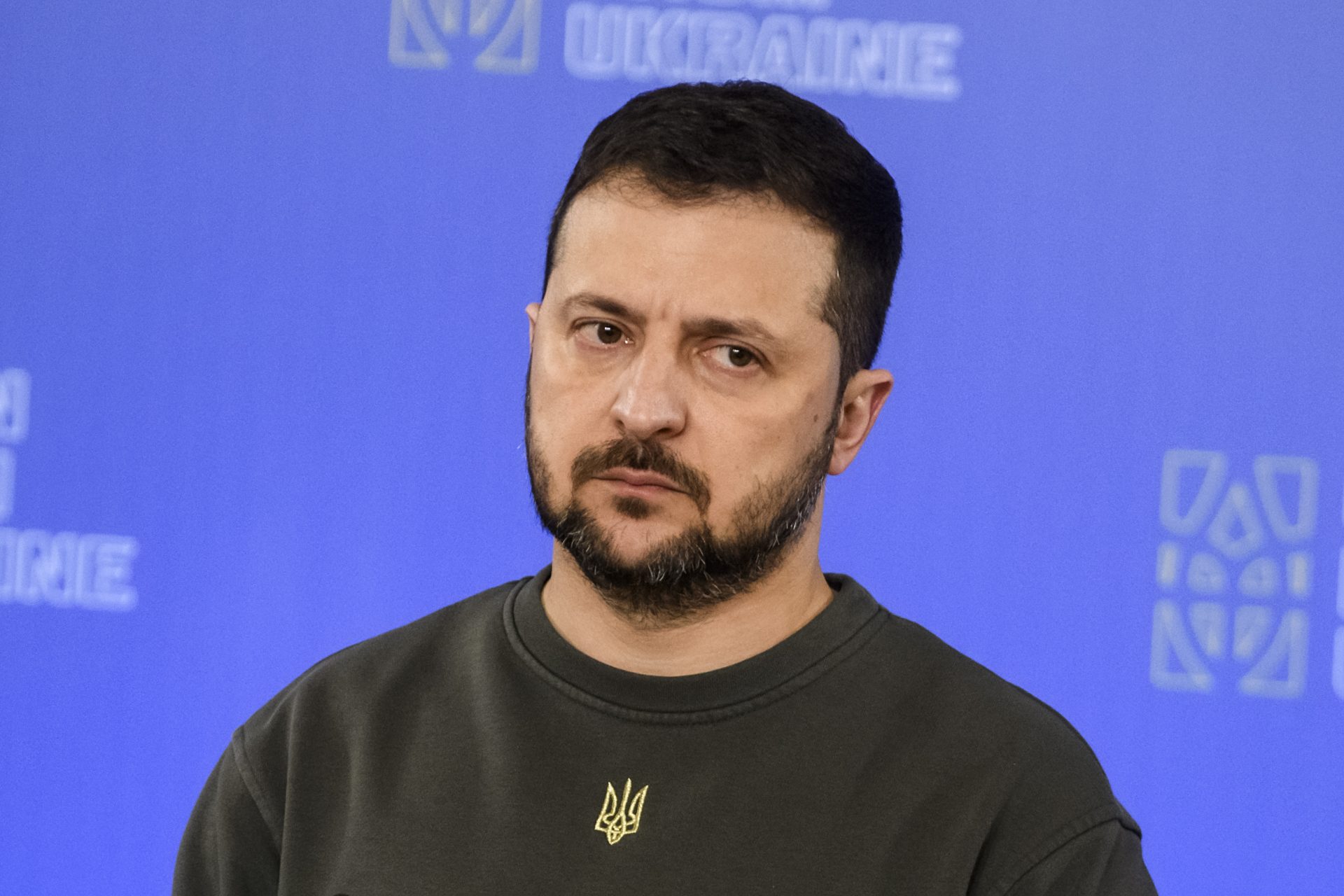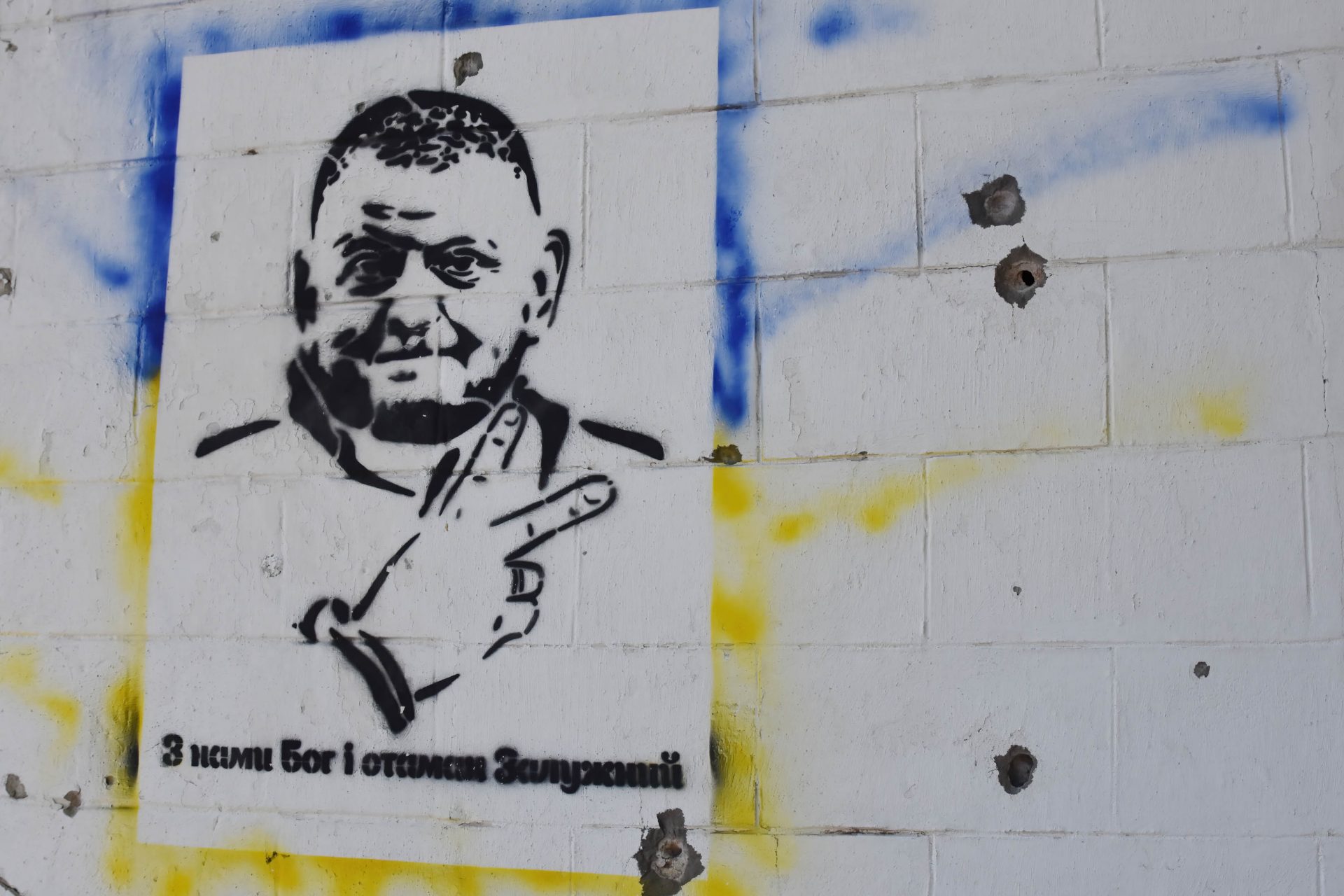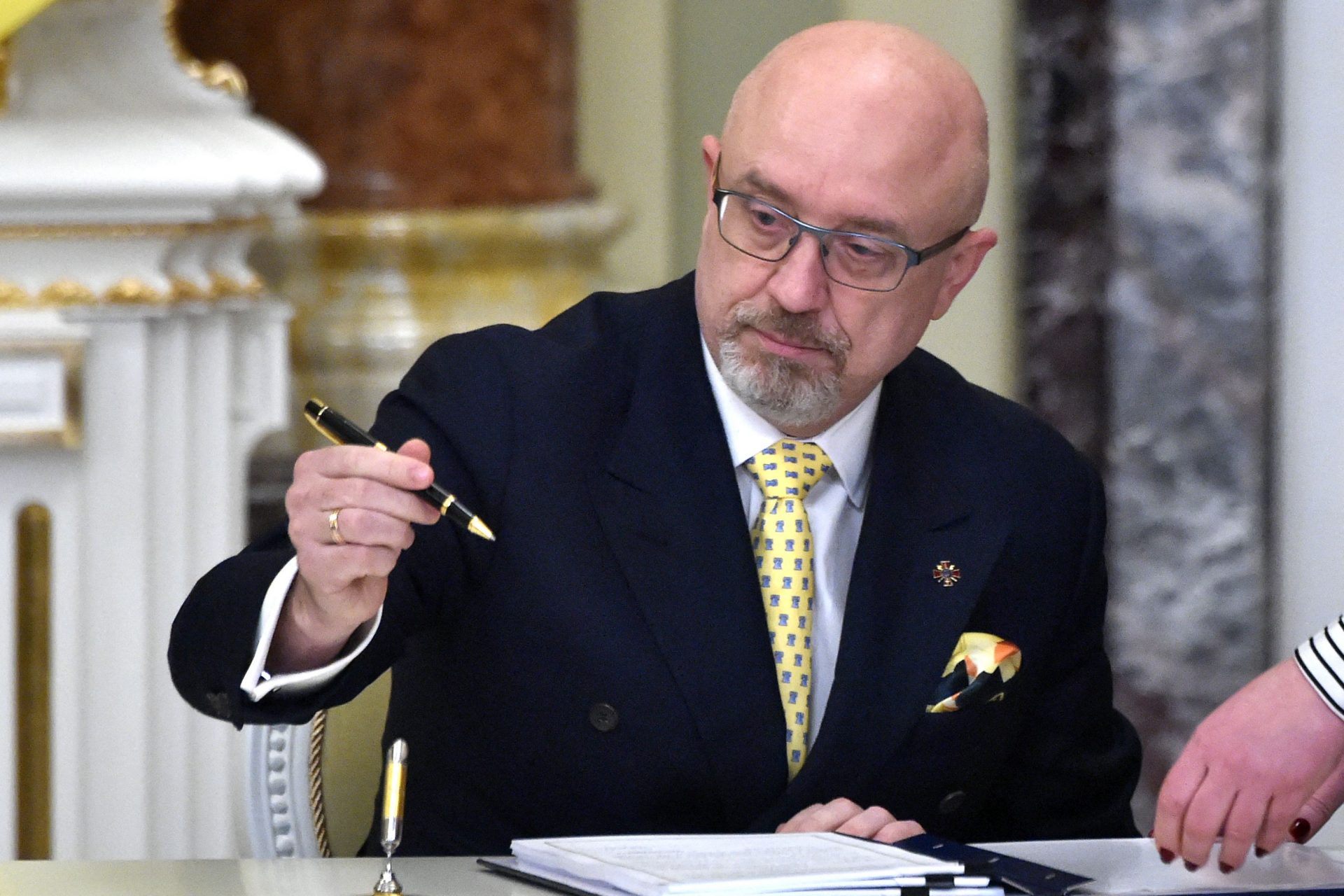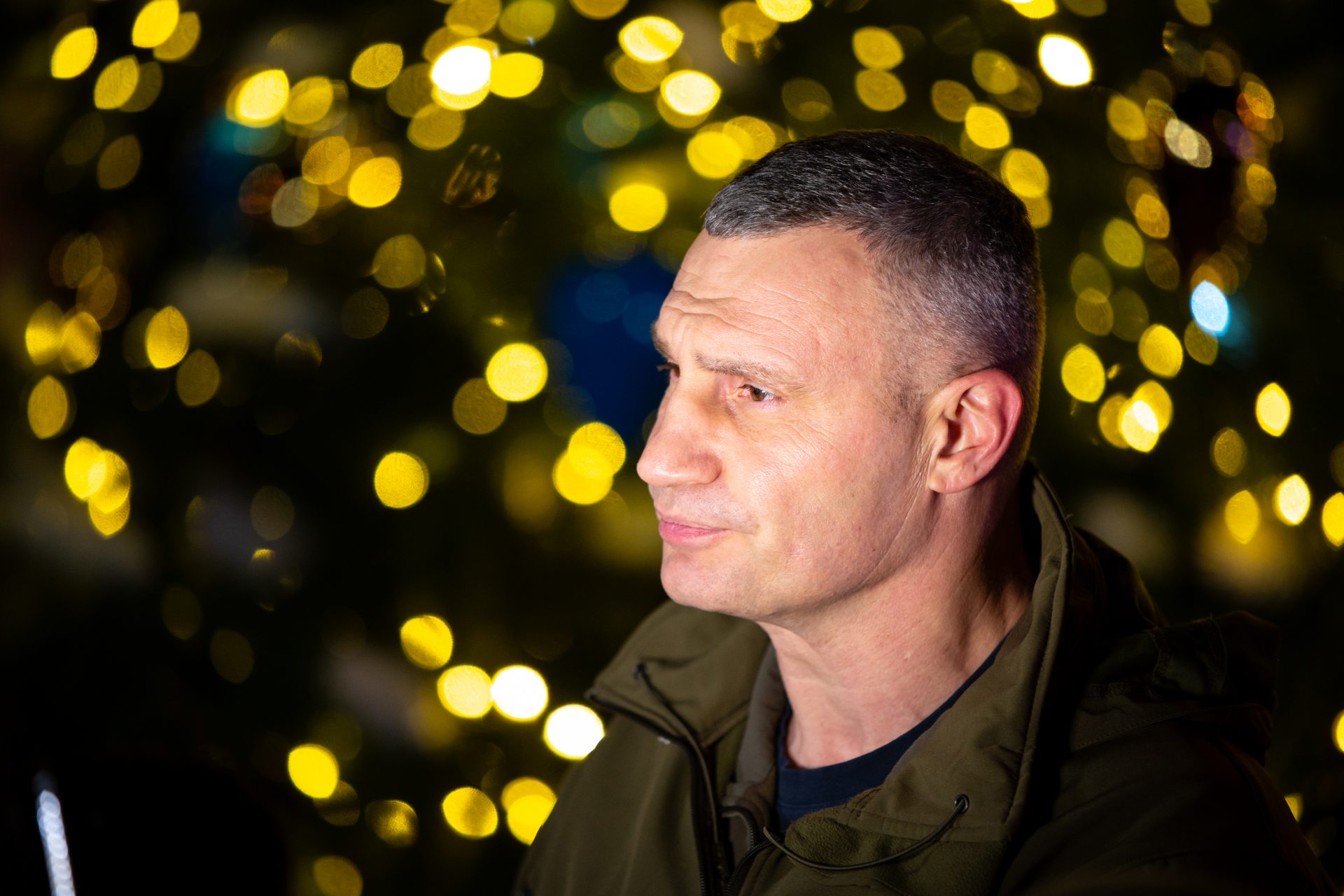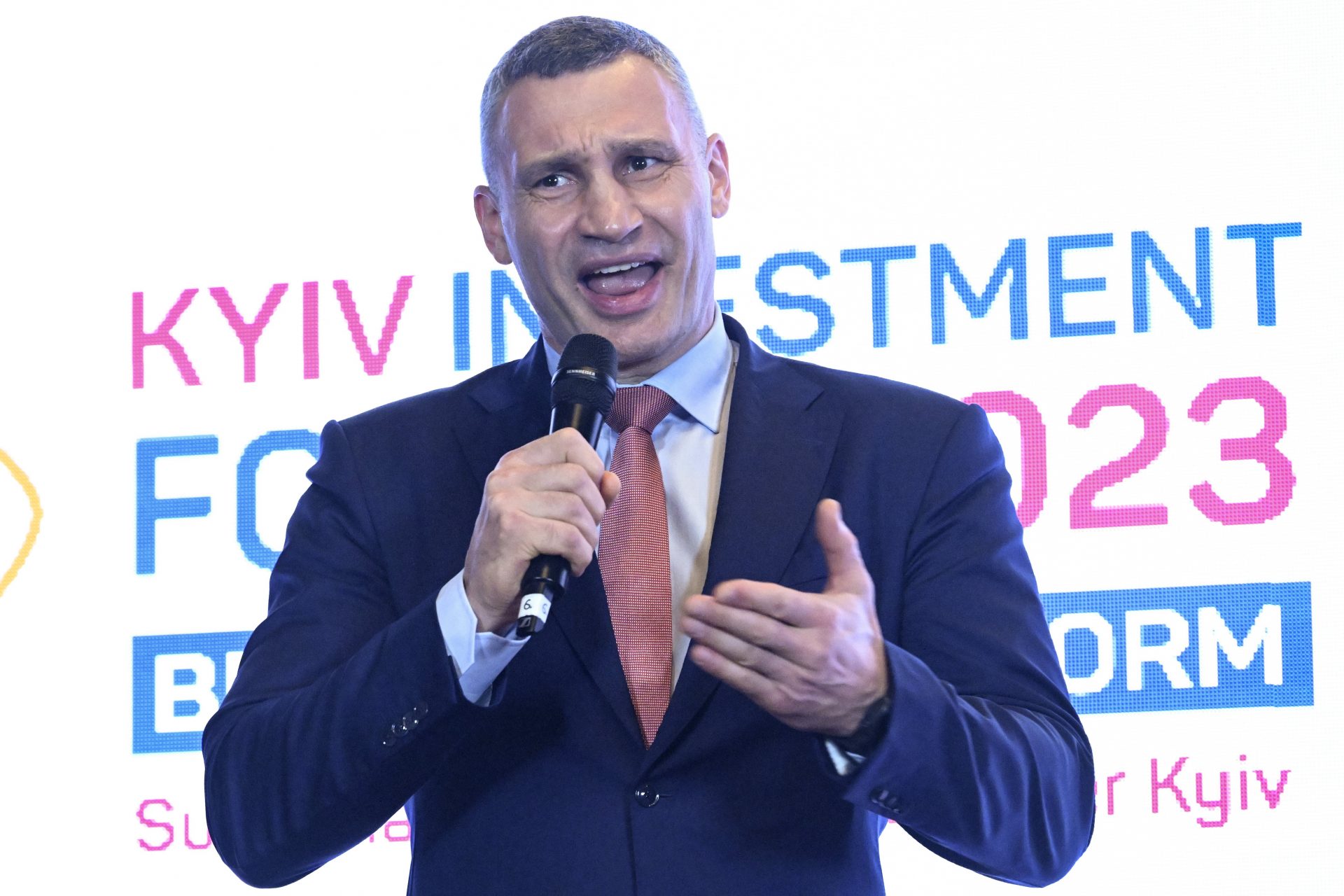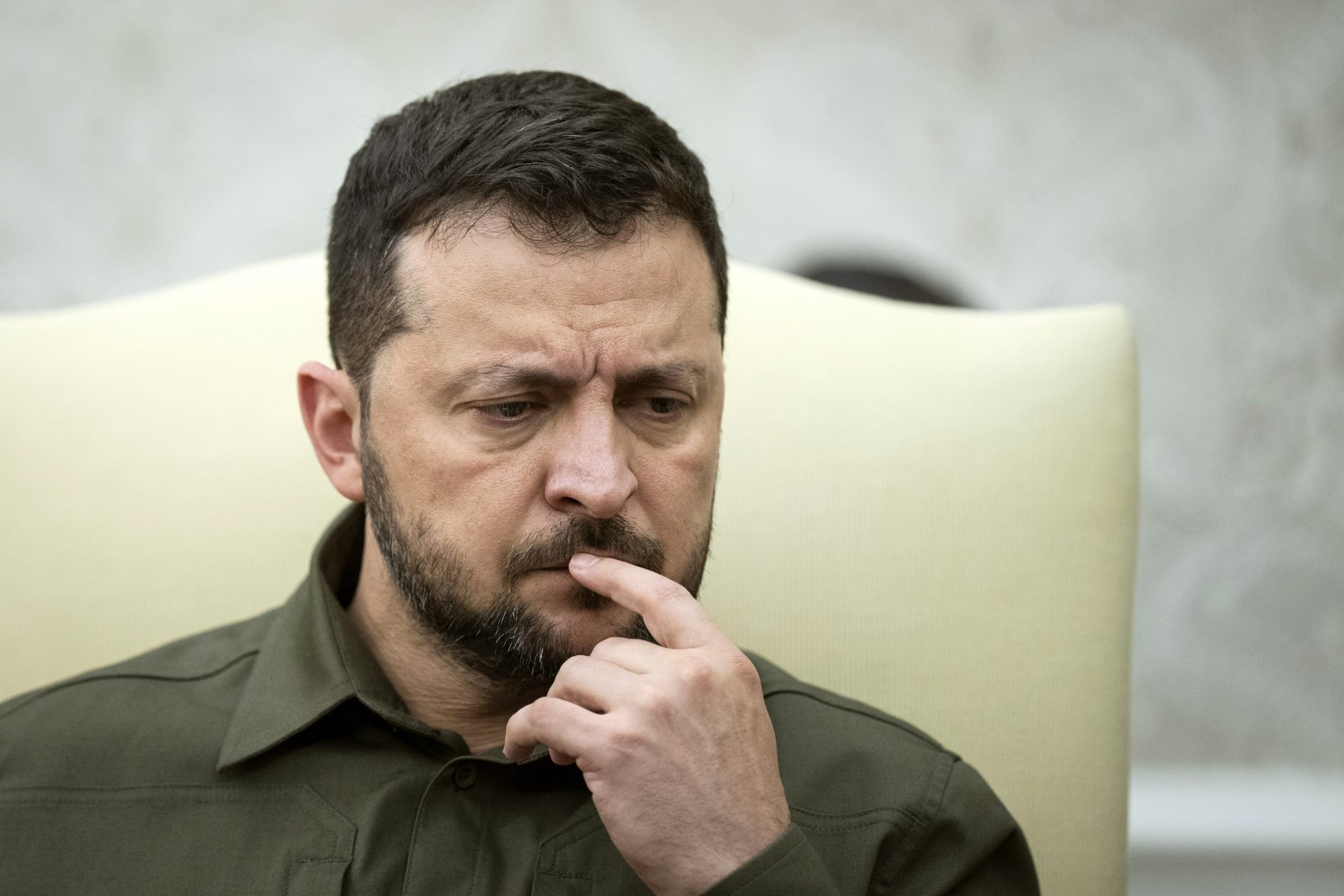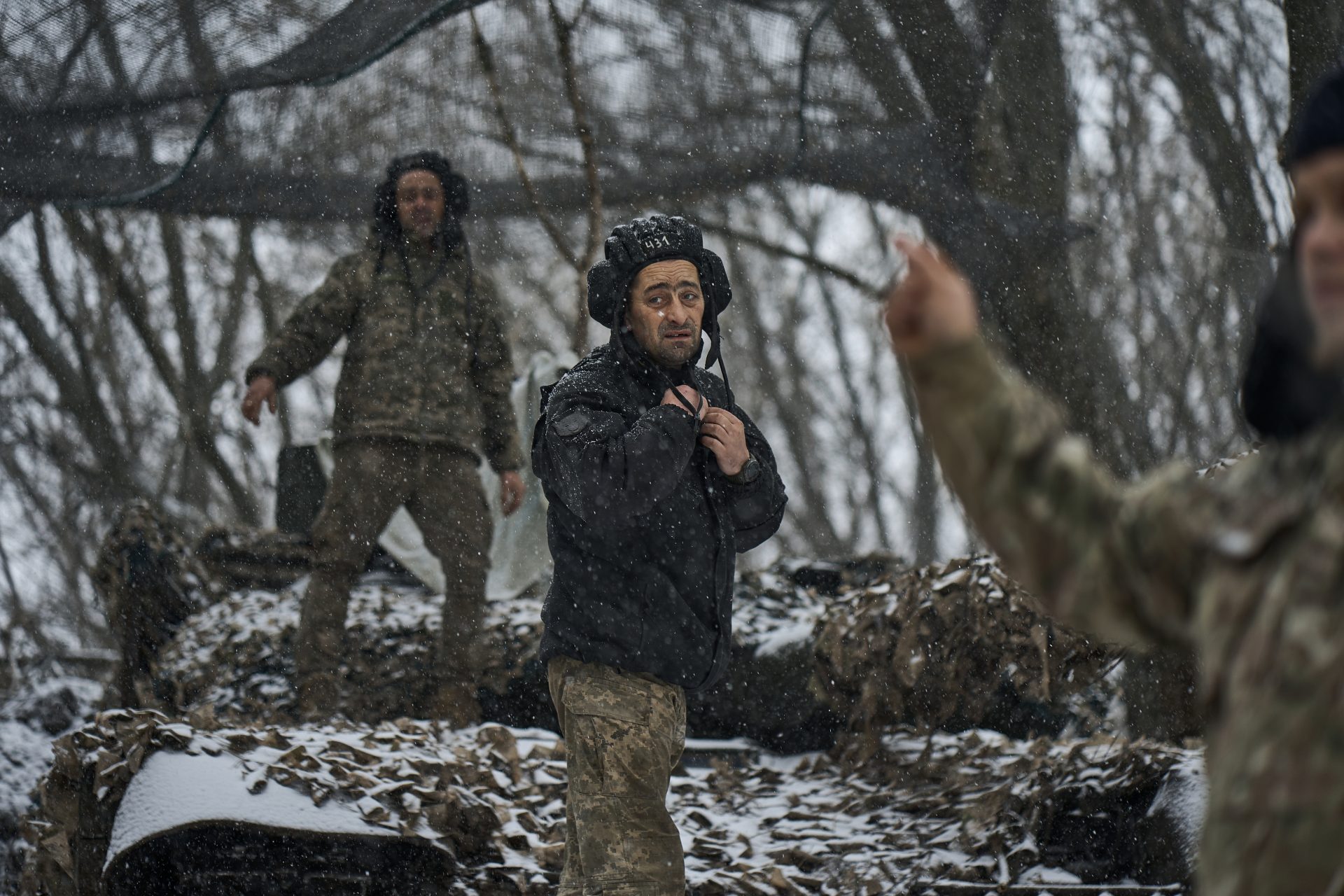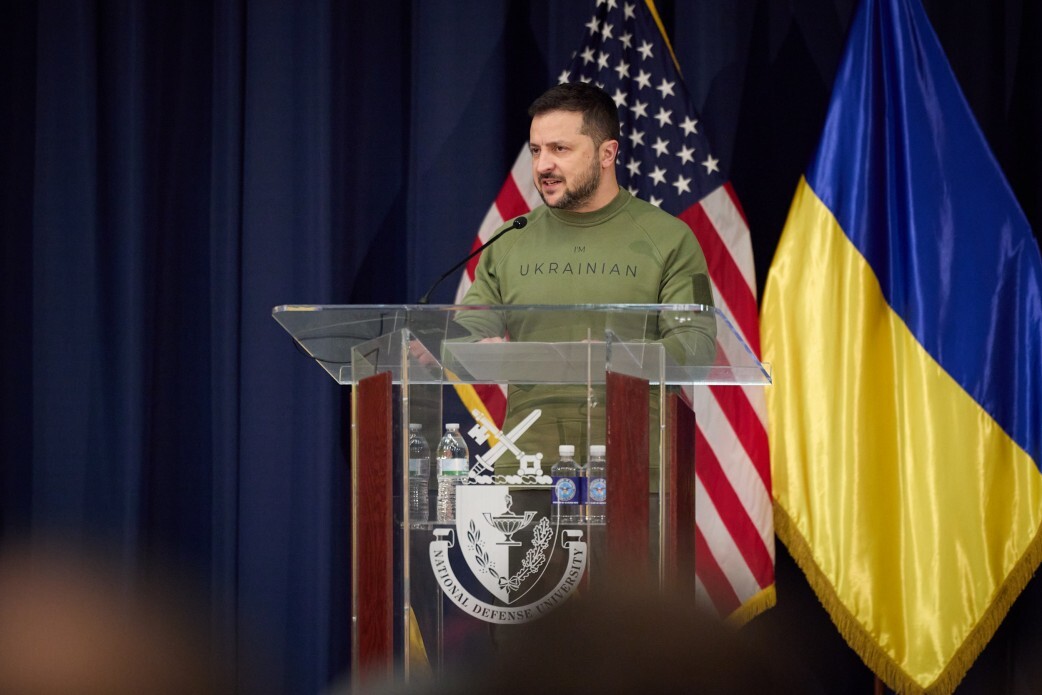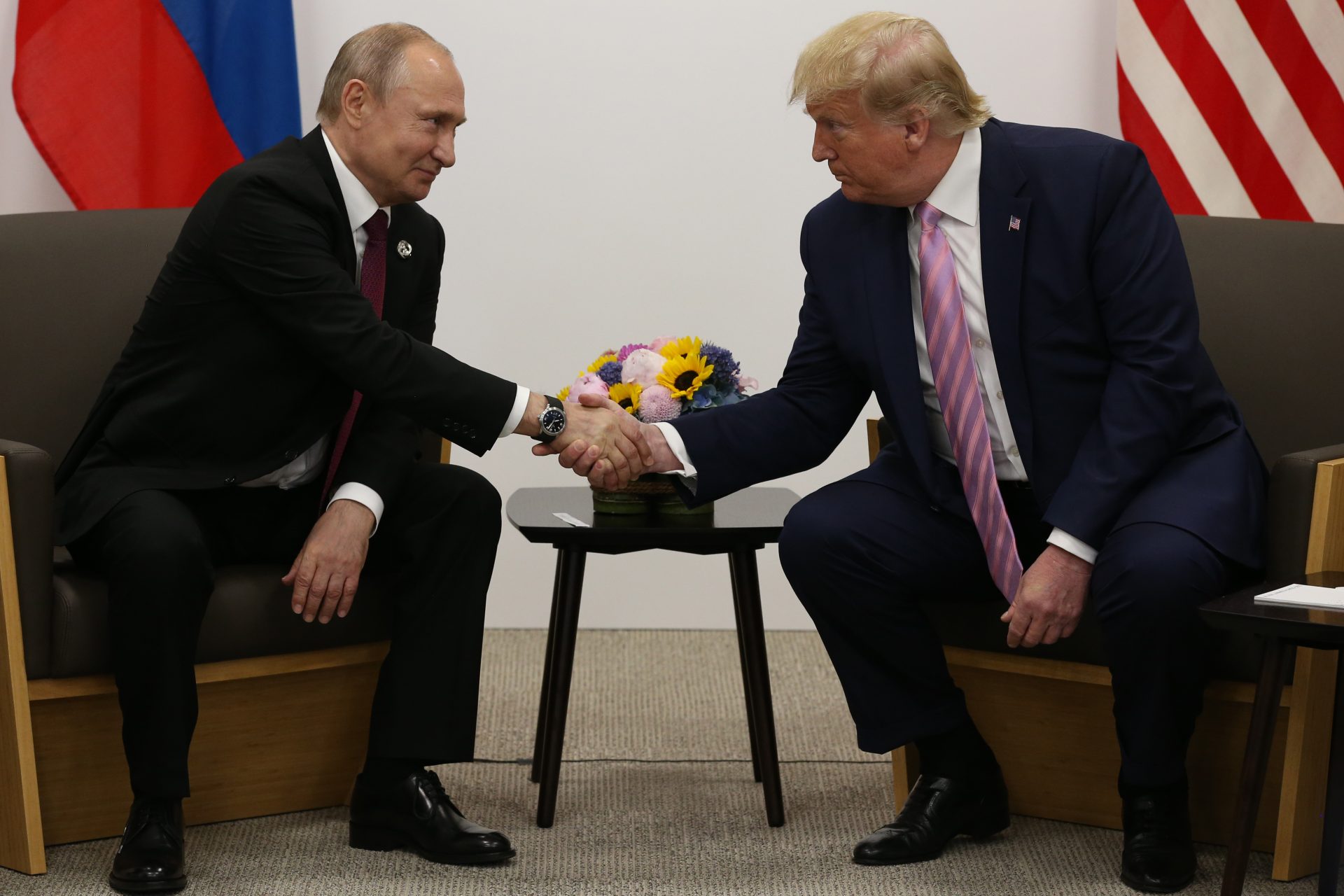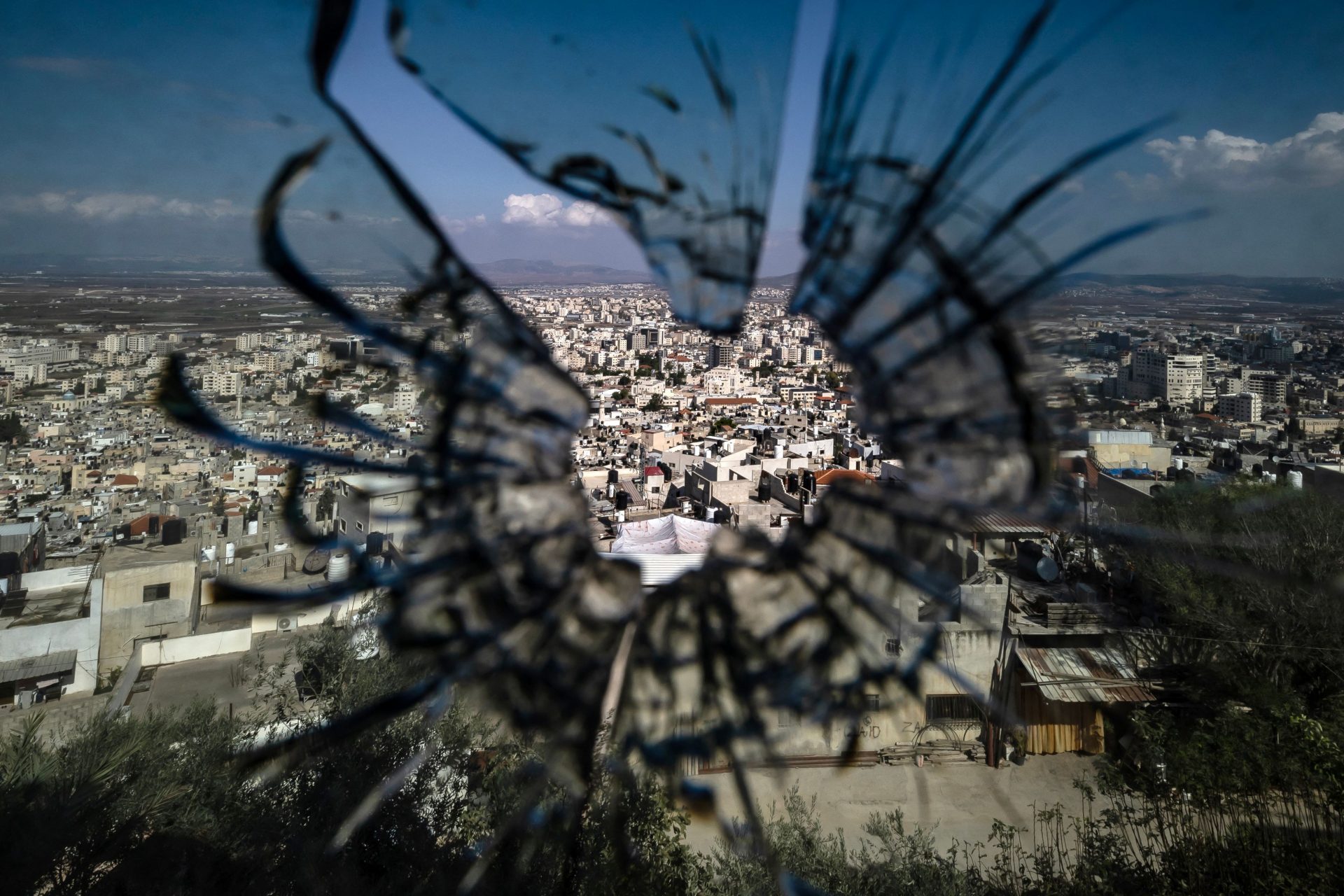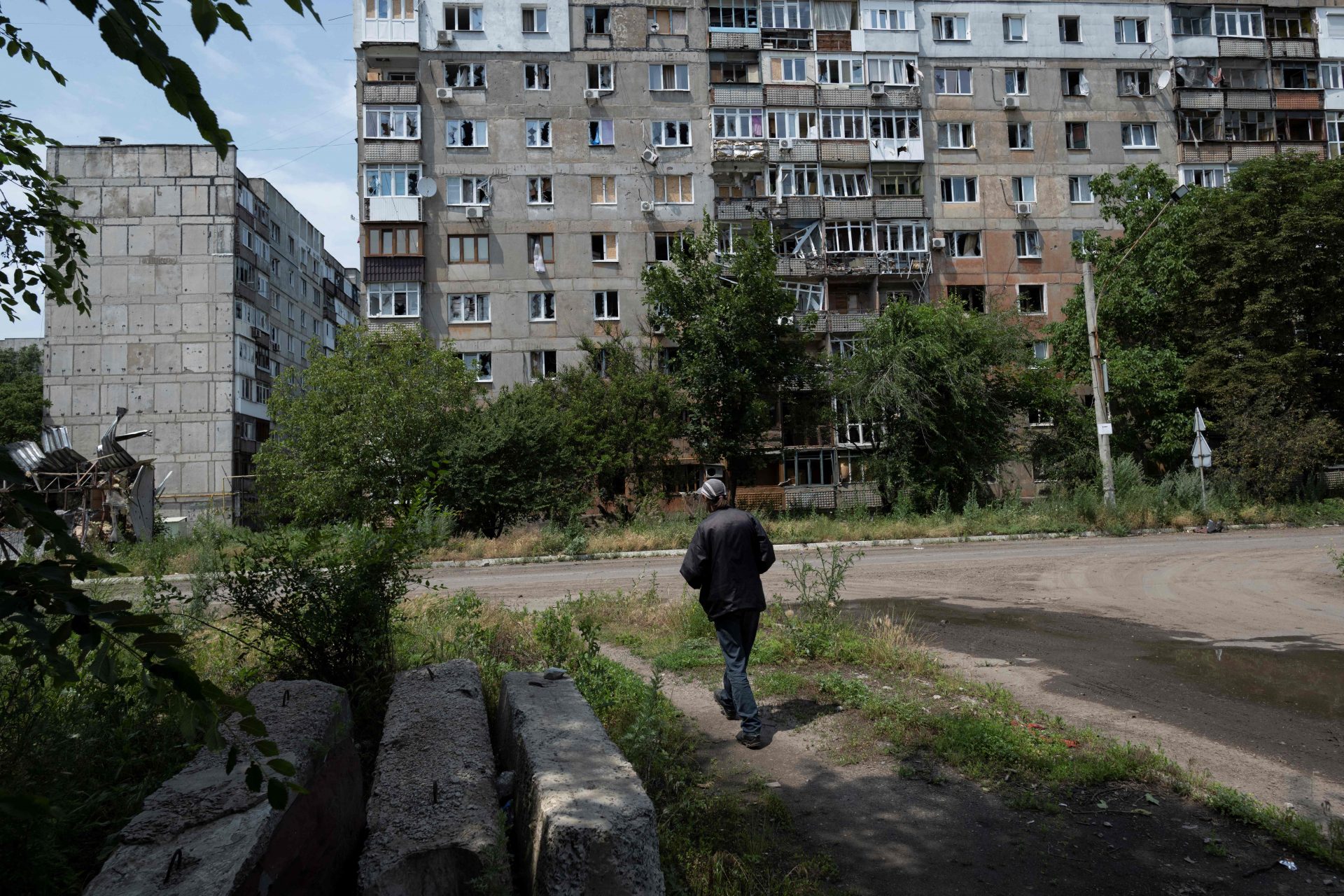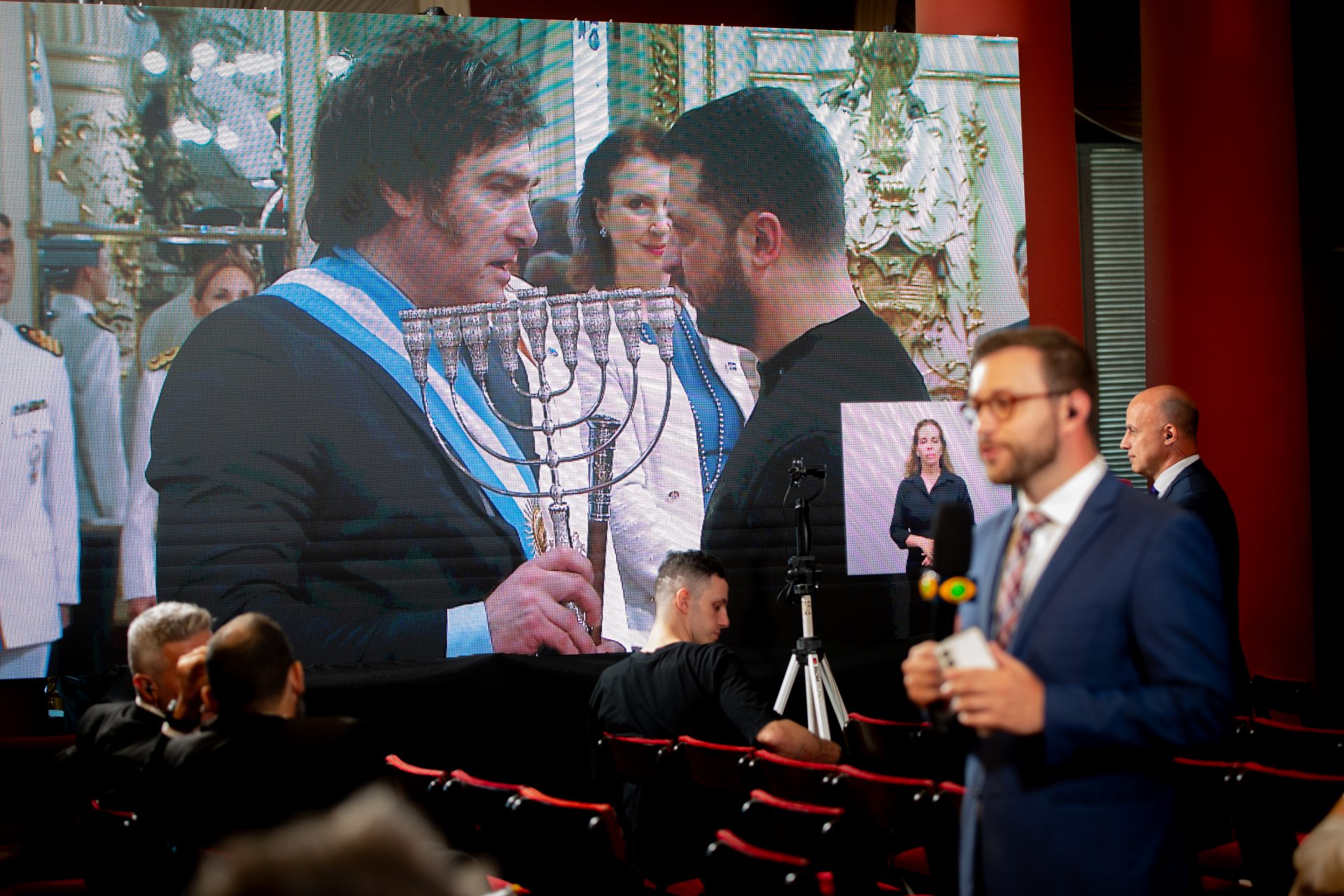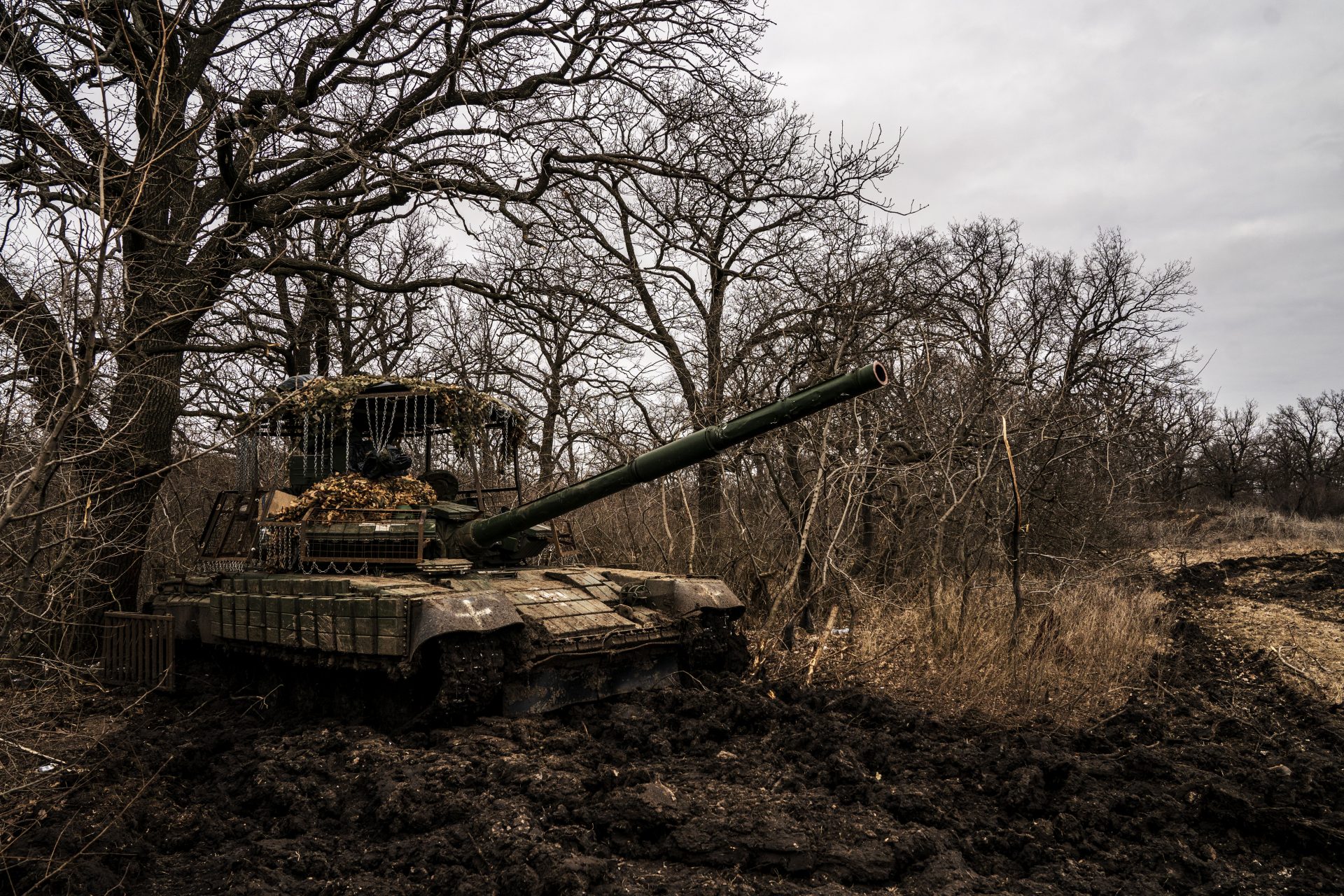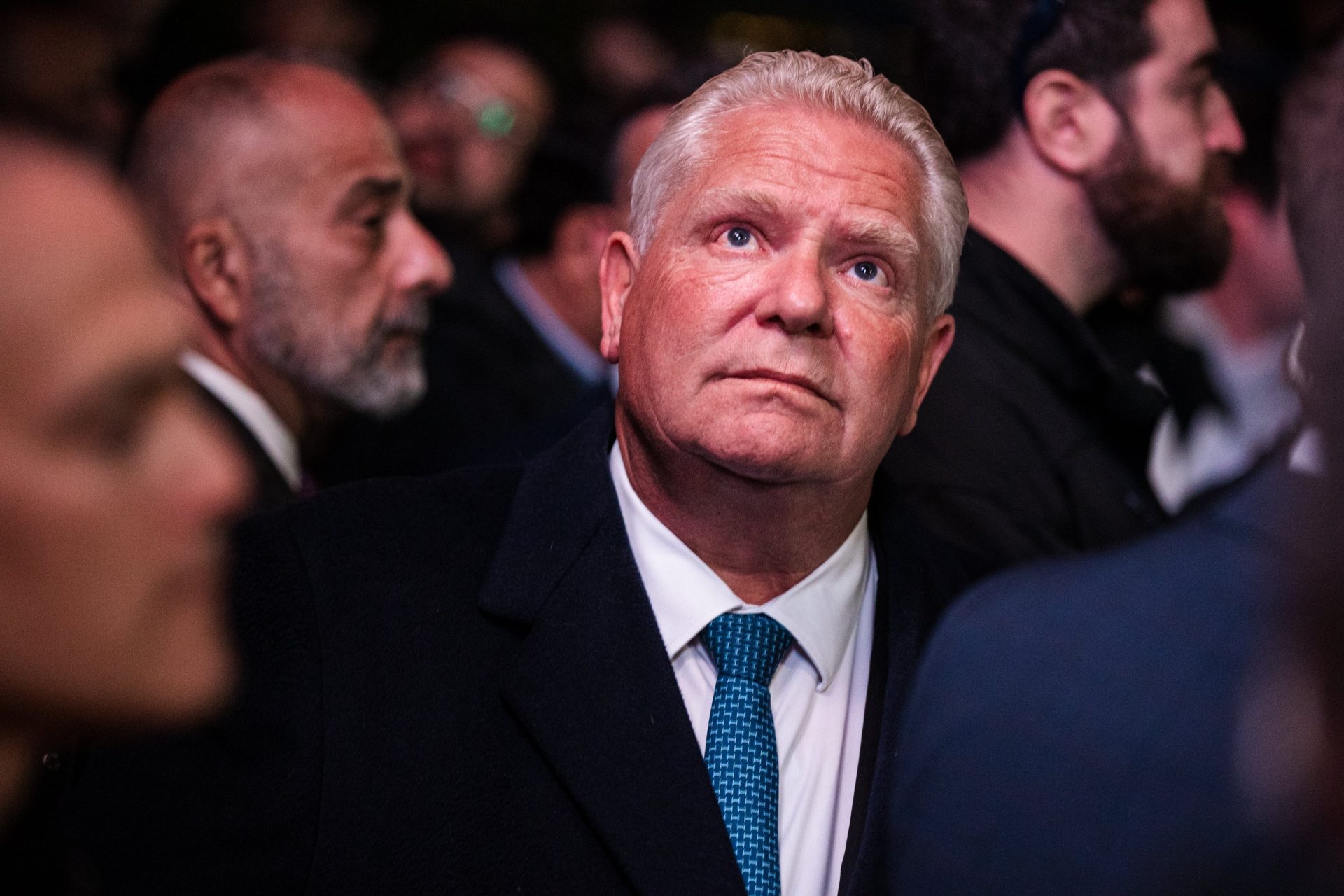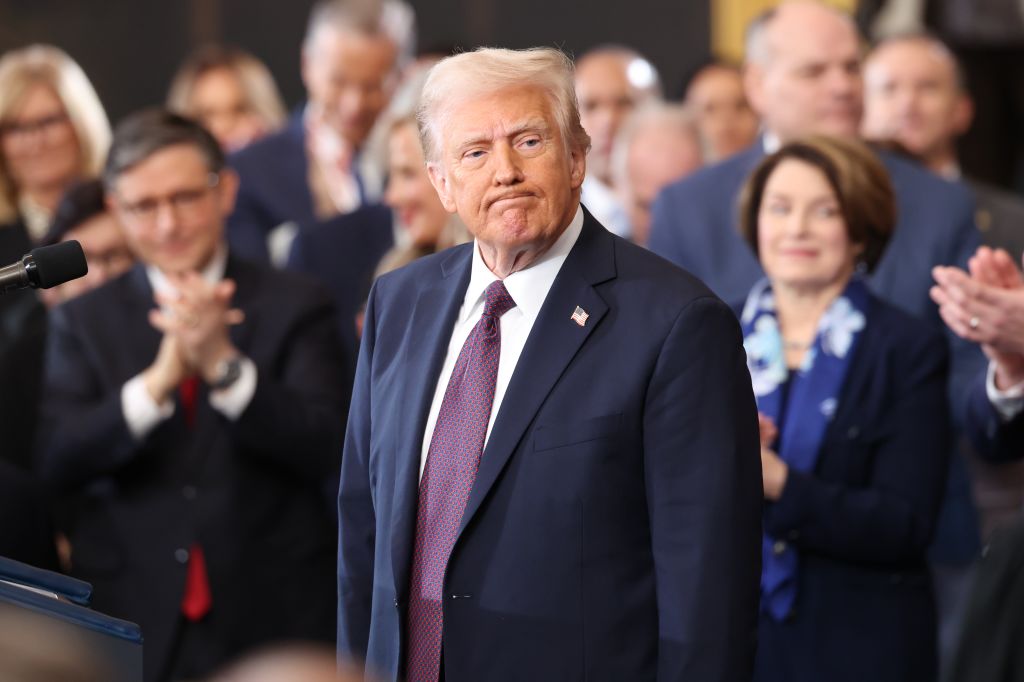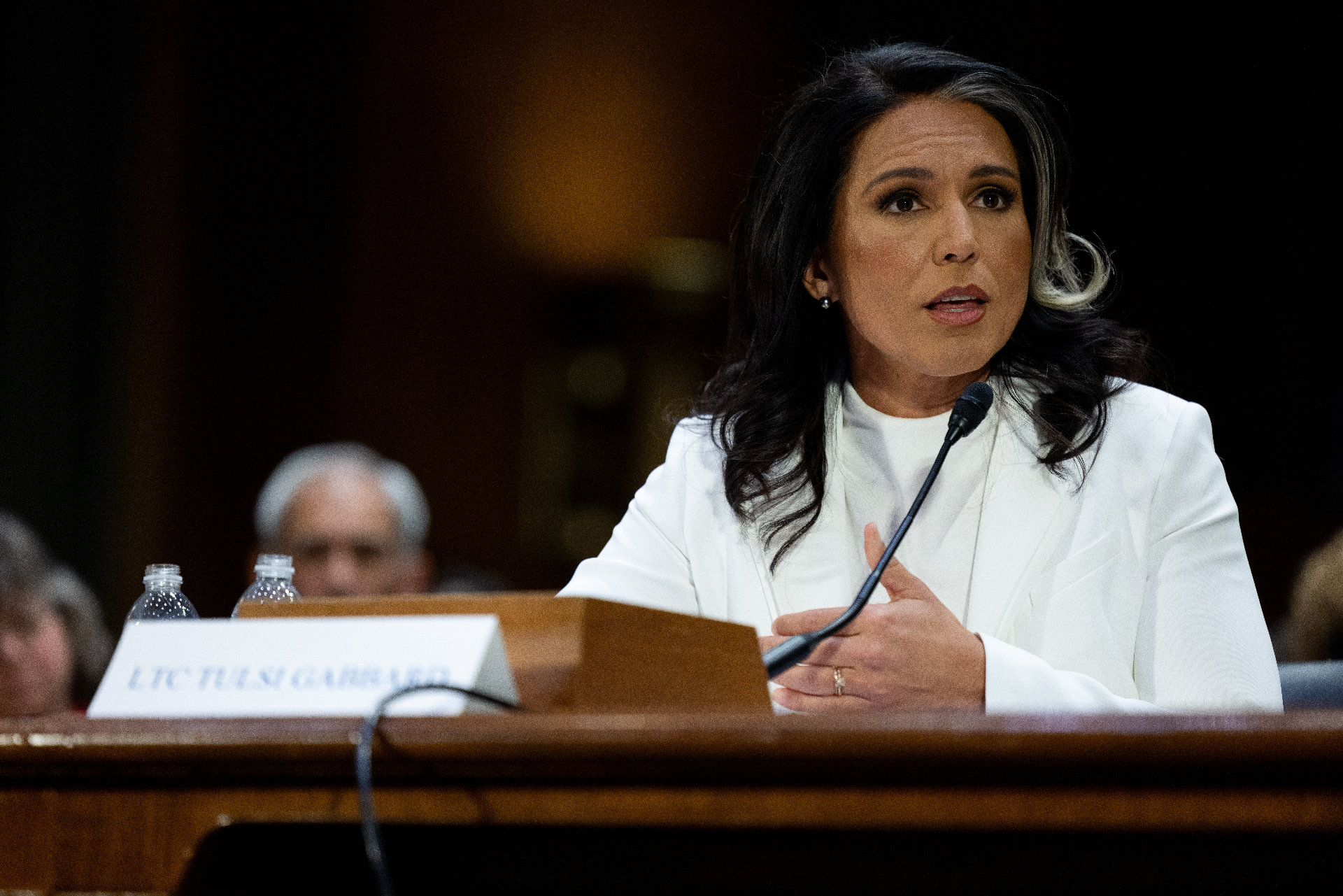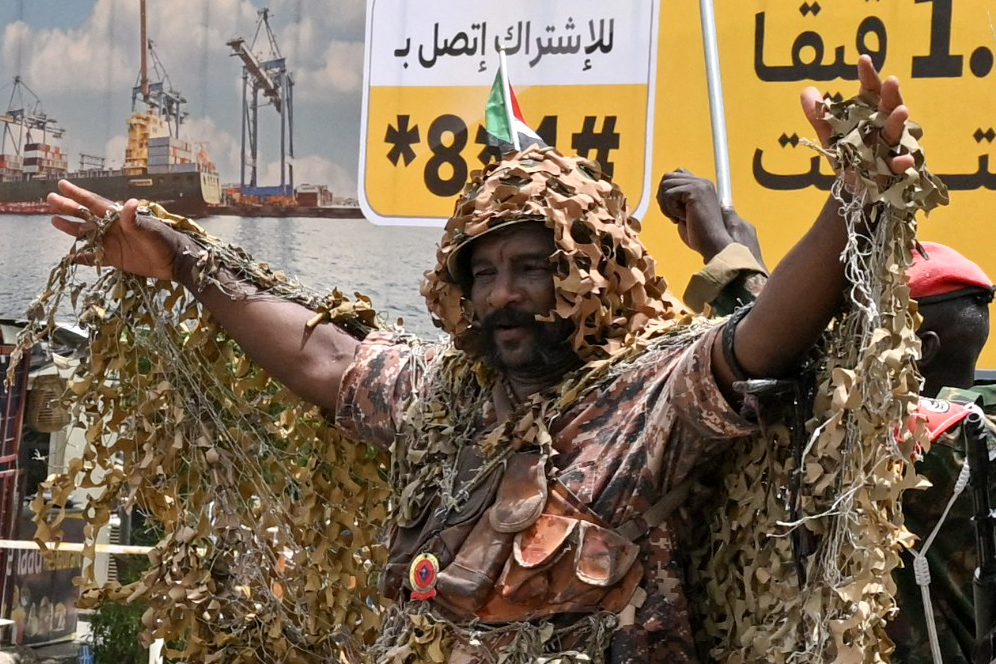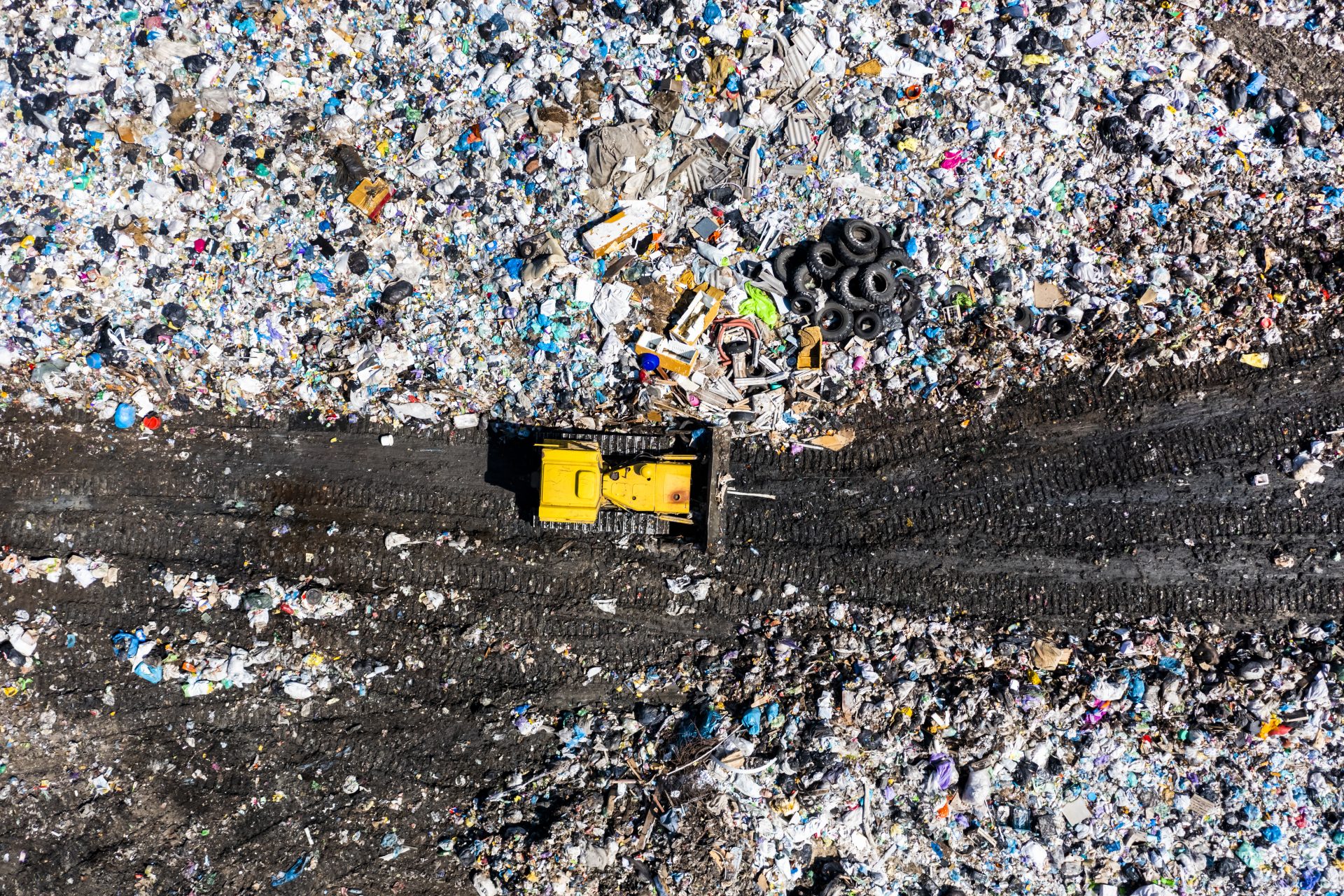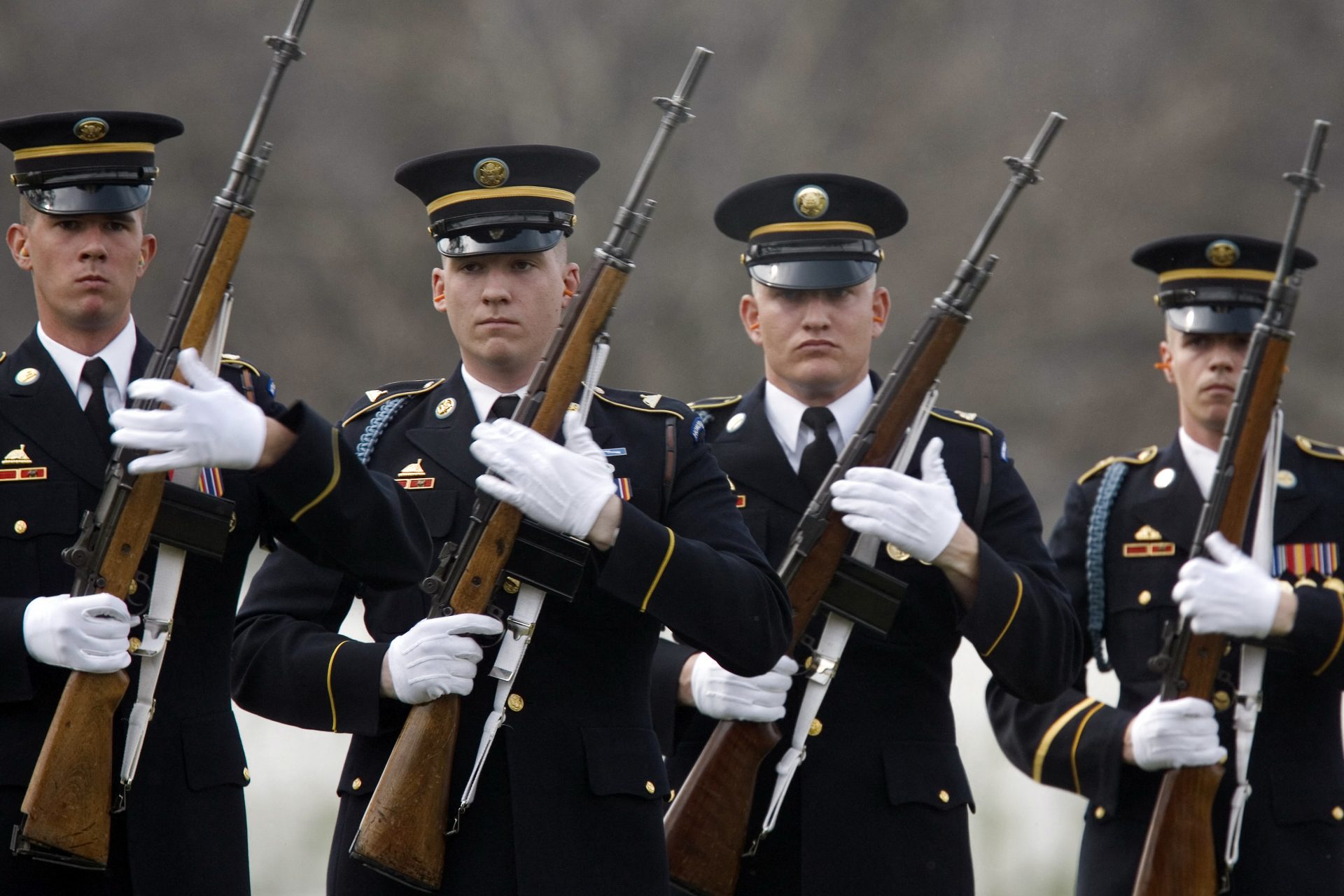Zelensky faces his darkest hour
Volodimir Zelensky is going through one of his worst moments. His international support is weakening but symptoms of wear and tear are also emerging from within his country.
The course of the war is not going well for Ukraine. After heroically resisting the Russians and even gaining ground on the enemy, the counteroffensive that Zelensky promoted is not achieving results.
General Valery Zaluzhn (in the image, a propaganda graffiti with his face) maintained this November in The Economist (according to CNN), that the conflict was at a "stalemate" and that no "deep advance" was foreseen on the battle front.
Zelensky rebuked the general who spoke of stagnation on the front but this incident increased the feeling that unity was broken within the Ukrainian military and political forces. Symptom of this is how Zelensky dismissed Gregori Galaga, commander of the special forces, in July, and Oleksiy Reznikov, Minister of Defense (in the image) in September.
Even more striking is the frontal attack that Zelensky received from the charismatic mayor of Kyiv, the former boxer Vitali Klitschko.
Vitali Klitschko assured in an interview with Der Spiegel (as reported by The Independent) that Zelensky was paying for his mistakes and that he was becoming an autocrat. He went so far as to say: "At some point we will no longer be different from Russia, where everything depends on the whim of one man."
The pause in the internal political fight is over in Ukraine. The struggle between factions returns. Zelensky seems to be losing the credit he was given as an image of a courageous David facing the Russian Goliath. Analysts even perceive fatigue among their own people.
The New York Times headlined on the occasion of Zelensky's visit to Biden on December 12 talking about a "failed counteroffensive." The winter is being very harsh, paralyzing operations and complicating life at the front.
The New York Times also uses the term "critical moment" to refer to this dark hour that Zelensky is going through. Both internally and abroad, where support is weakening.
Many Republican members of Congress are reluctant to continue spending money on the war in Ukraine. This December the Senate blocked funds intended to help the Ukrainian military effort. And it could be even worse for Zelensky.
If Trump manages to run for office and beat Biden, it is assumed that support for Ukraine will cease. And this would be a very hard blow for Zelensky.
And then there is the attention garnered by Israel's war against Hamas. The world cannot be waiting on two crucial wars, especially when the conflict in Ukraine seems to have become chronic and without a solution in the near future.
As the war drags on, Zelensky has to face the boredom of his people. There are many chronicles that speak of young people who try to escape from Ukraine so as not to be forced to fight on the front, where the number of casualties is beginning to become unaffordable.
Zelensky, for now, continues to display tireless activity: attending every international event that can provide him with support. One of the lastest, the inauguration of the controversial Javier Milei, the new president of Argentina.
Resisting is the only way forward towards victory for Ukraine. Or, at least, to establish a negotiation with Russia that allows a dignified exit.
For now, Zelensky remains for a significant part of the world an unexpected hero who managed to lead his people to stop the invasion of a giant. But will that image last?
More for you
Top Stories



